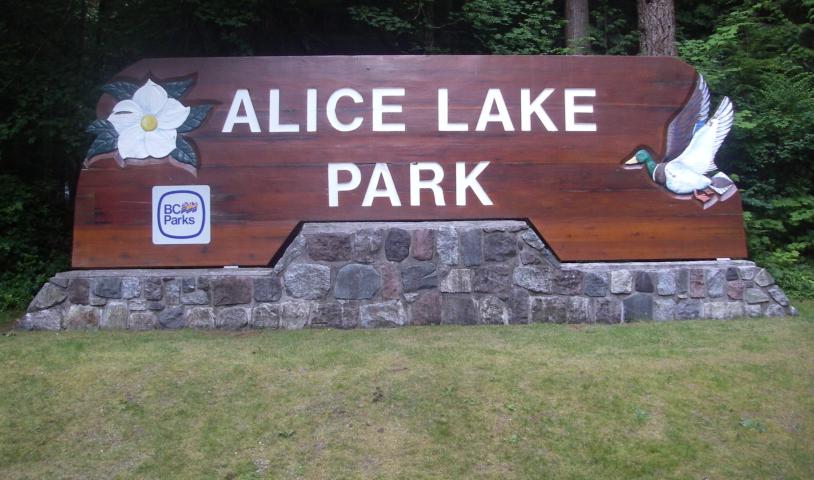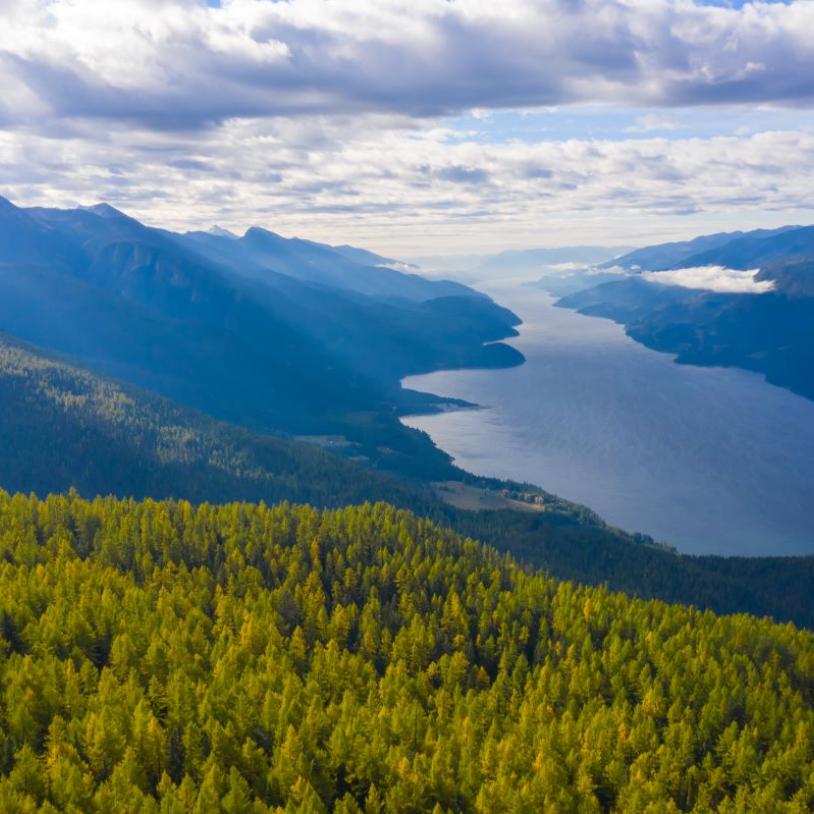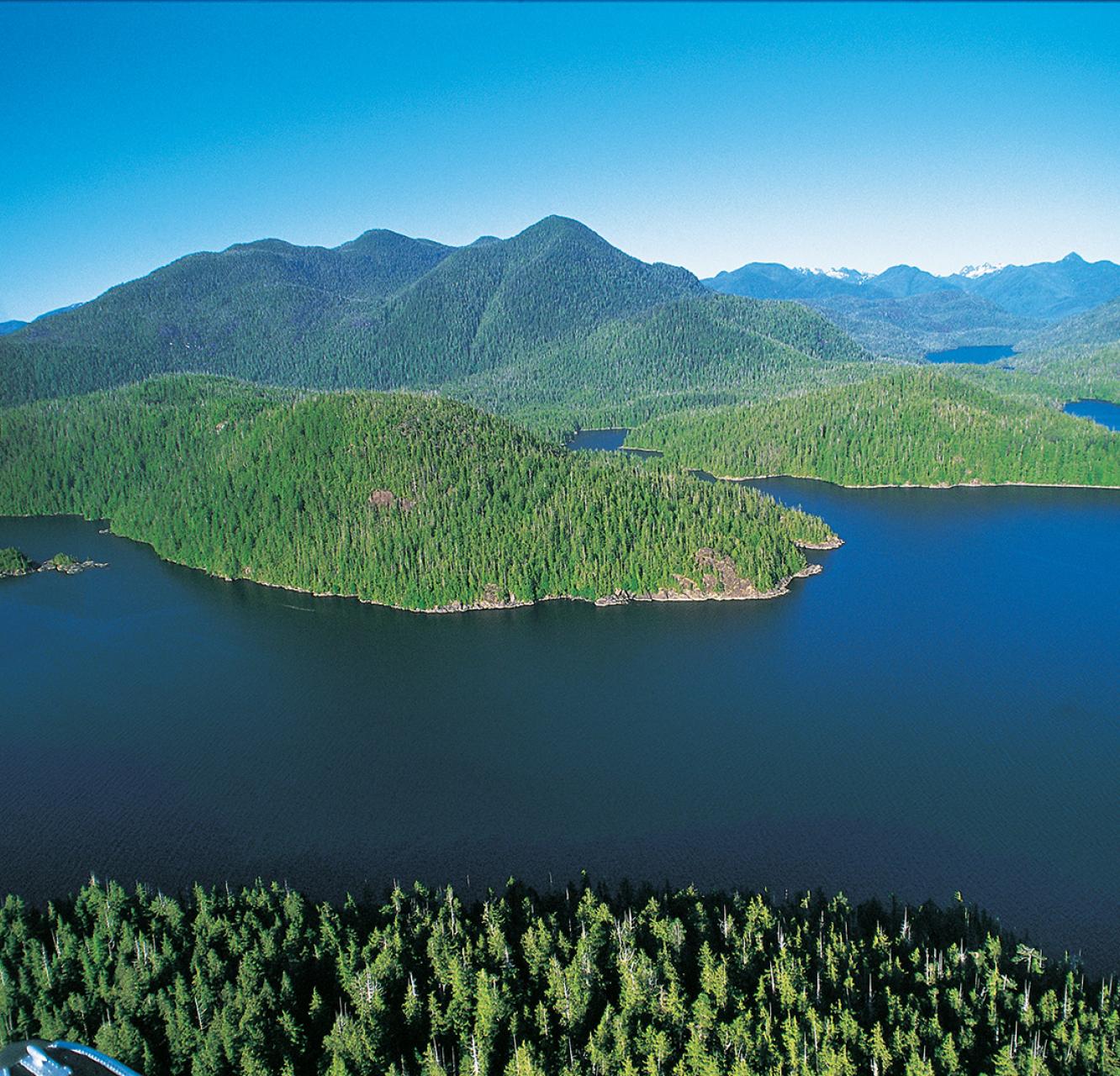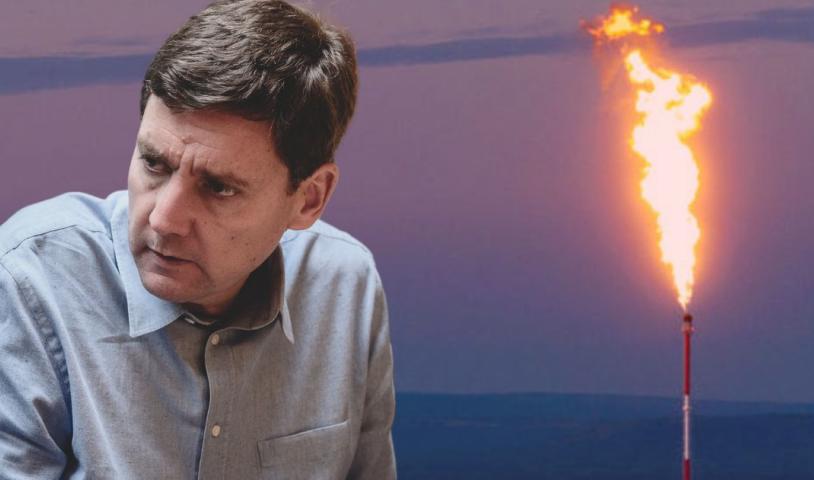B.C. parks littered with garbage, human feces: experts
Wednesday, December 16, 2009
VICTORIA — Cuts in provincial funding have resulted in closed trails, widespread garbage and piles of human waste at campsites in some B.C. parks, an authoritative recreation organization says.
A scathing editorial in the fall report of the Outdoor Recreation Council of B.C. described boarded-up toilets and parks staff without funds for screws or toilet paper.
"We believe that the B.C. government is failing to provide B.C. parks with the resources it needs for the trails, bridges and buildings which are such an integral part of this potentially world class system," said the editorial written by Jeremy McCall, the council's executive director.
It is unusual for the council to criticize government, McCall said. "But every time they want to put more money into health and education, they cripple parks," he said.
Bob Gunn, chairman of the council and head of the fish, wildlife and recreation program at the B.C. Institute of Technology, said he is increasingly alarmed about the state of parks.
This year, after decades of taking students into Garibaldi Provincial Park, about 100 kilometres north of Vancouver, Gunn found garbage along the trails and signs people were defecating beside campsites, probably because all outhouses on one side of the campsite were locked, he said.
It is the same in most parks, said Darren Copley, president of the Victoria Natural History Society, who worked for 15 years as a contract naturalist in B.C. parks.
The emphasis in the parks system should be protecting the natural heritage, but increasingly, untrained contractors are doing the front-line work, Copley said.
"They don't have the skills or the expertise . . . when they're weed-eating they don't know when it's a rare or endangered plant."
Many staff care passionately about parks, but they are watching the system crumble around them, Copley said.
The number of full-time park rangers for the 13.5 million hectares of land in 600 parks and 389 protected areas has gone from 154 last year, with 10 regular positions and 144 seasonal workers, to 98 this year, of which 11 are regular.
The parks' operating budget has gone from $33.9 million in 2008-09 to $31.5 million this year, with more cuts anticipated.
The Outdoor Recreation Council, with member organizations ranging from the Canadian Parks and Wilderness Society and Guide Outfitters Association to the Horse Council and Lapidary Society of B.C, said it fears government is not taking its concerns seriously.
A letter to Premier Gordon Campbell suggested parks improvements should be funded from the Olympics Legacy Fund, Gunn said.
"What better place to put legacy money? It's something that all British Columbians could enjoy, but we didn't even get a response back from the premier," he said.
Instead, there was a reply from Environment Minister Barry Penner that skirted the suggestion, he said.
Penner said although the parks budget is dropping, B.C still has a "fantastic" parks system and attendance was up last year.
"We do a visitor satisfaction survey each year and our approval rating is more than 80 per cent," he said.
The choice is between taking money from the spiralling health-care budget, increasing taxes or making cuts, Penner said.
More than $70 million has been spent since 2001to improve water and sewage systems in parks, Penner said.
"Those improvements are not glamorous and sometimes not very visible, but they are absolutely important," he said.
NDP environment critic Rob Fleming, in a phone interview from Copenhagen, said he is worried that B.C. parks are declining just as the province is about to attract visitors from all over the world.
"I think there is a risk to B.C.'s reputation. If there are negative experiences, the word will travel," Fleming said.
Cuts to the parks budget are particularly galling when government can come up with millions of dollars in discretionary spending for the B.C. Place roof replacement or $36.5 million for the public affairs bureau, Fleming said.
"They are spending more on their spin doctor operations than they are on 13.5 million hectares of park."





